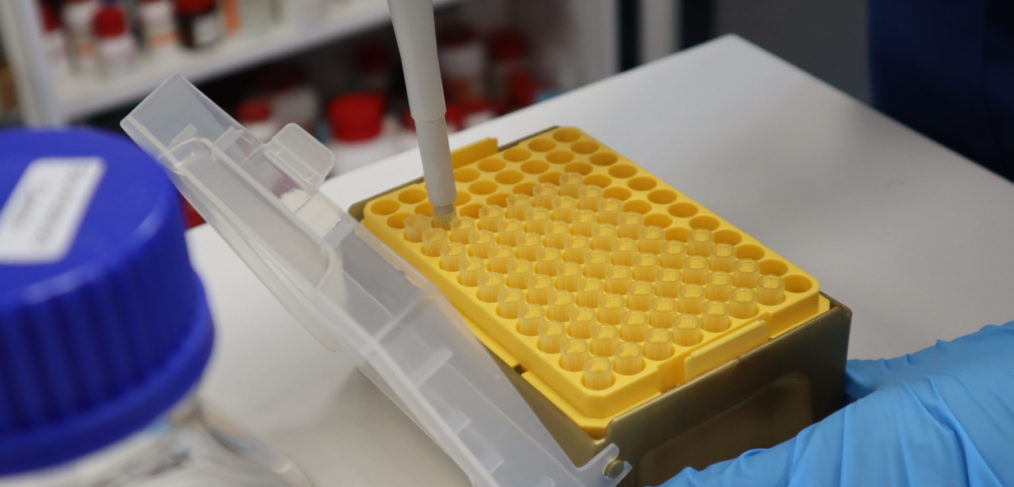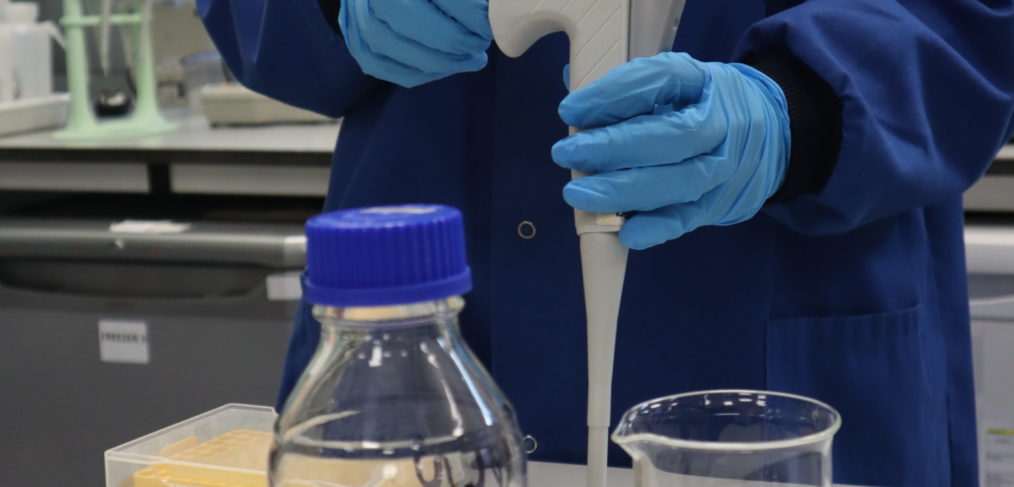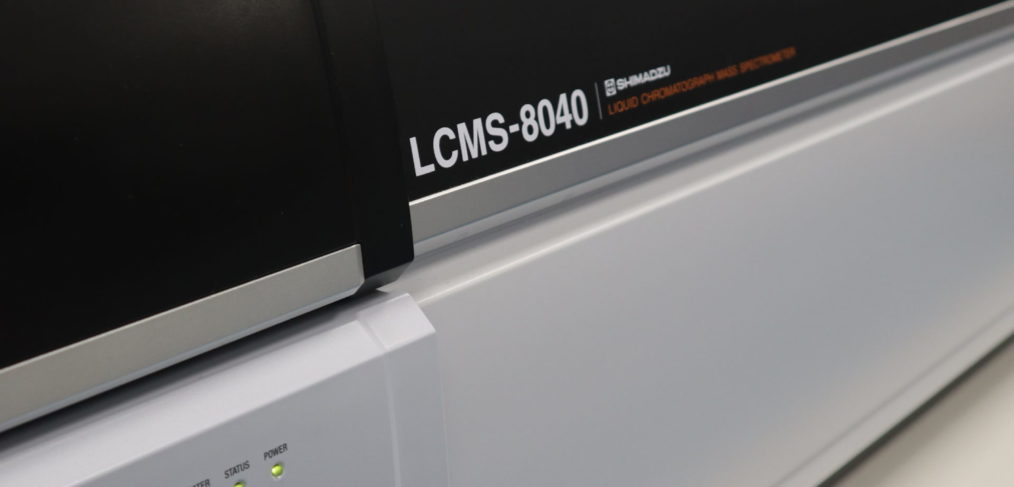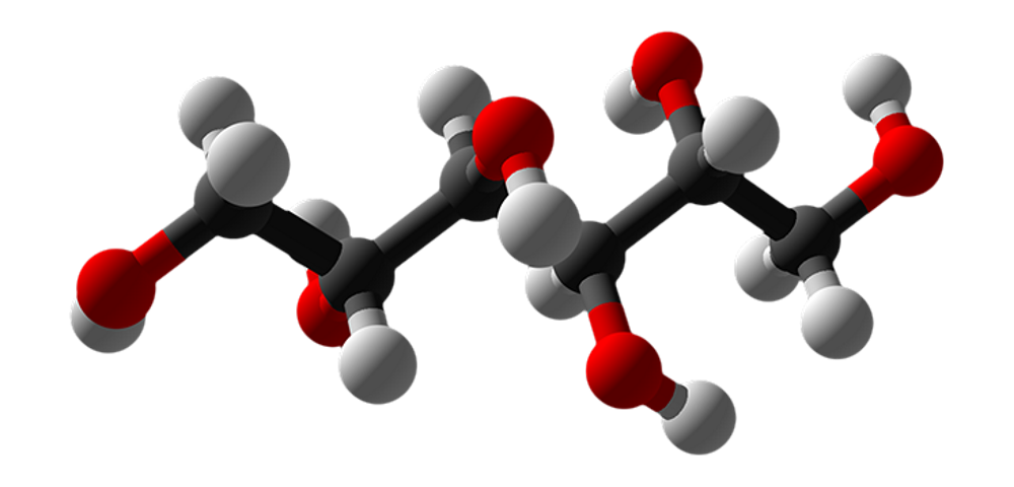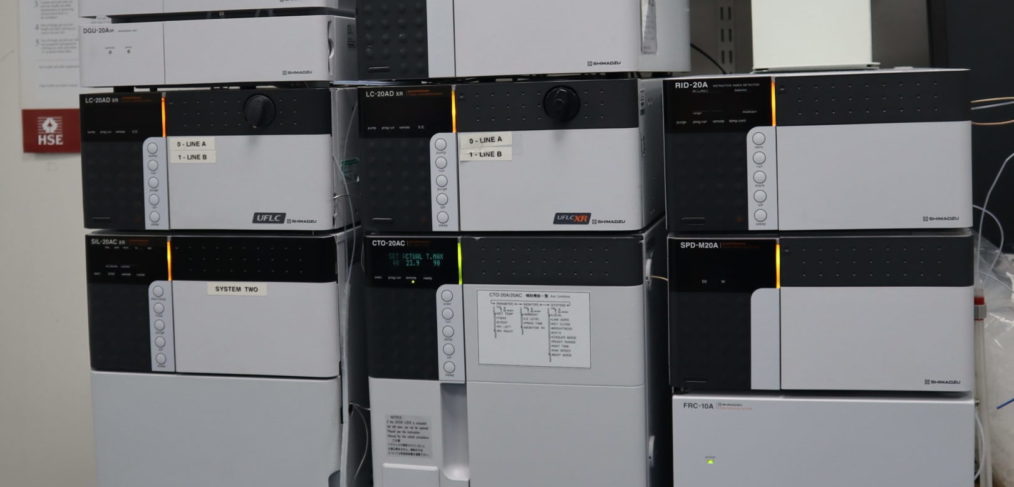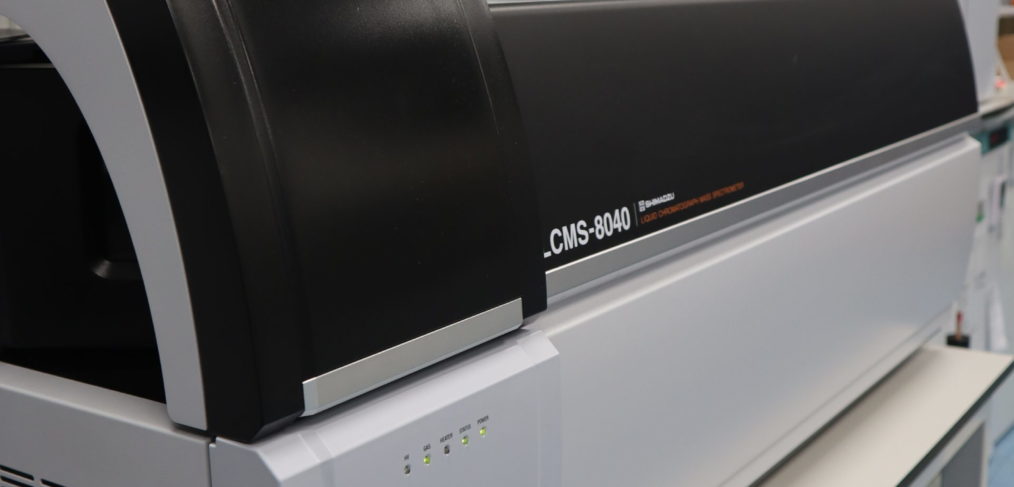What are bile salts? Bile salts are a primary component of bile, which is a yellowish-green fluid produced by the liver and stored in the gallbladder. Function of bile salts Bile salts aid in fat digestion, elimination of toxins and absorption of fat-soluble vitamins such as A, D, E, and K (1). How are they […]
What is Nicotinamide? Nicotinamide (also known as Niacinamide) is a form of vitamin B3, which is necessary for the body’s processing of lipids, amino acids, and glucose. A deficiency can have an impact on appetite as well as red blood cell production. Vitamin B3 is an essential vitamin for cats, because they cannot produce it […]
The use of pesticides The agriculture industry faces pressure to protect yields and crops to ensure they can keep up with the high demand and produce large amounts of food. To do this they need to use pesticides (fig.1). Pesticides are used to protect agricultural production and planting from insects, weeds, fungi and other pests. […]
Our general lab skills course is designed to give you the basic skills needed to work in a GLP laboratory environment. You will receive in-house certification once the training is completed. To enroll on this course no previous experience is needed, however depending on your experience the training will be tailored to your needs. What […]
What’s Alfaxalone and its function Alfaxalone (Fig.1) is a neuroactive steroid that has anesthetic properties by acting on the gamma-aminobutyric acid subtype A (GABAA) receptors. It can act as a GABA agonist, when administered in high concentrations or modulate the chloride ion transport across the membrane of neuronal cells when given at low concentrations. Alfaxalone […]
One of the most used pieces of equipment for analysing a sample is the mass spectrometer. It works by separating ions based on their mass/charge ratio and sending them through a magnetic or electrical field. The theory mass spectrometry (MS) was put forward in the late 1890s, but it wasn’t until the early 20th Centrury […]
Mannitol is an osmotic diuretic that is physiologically inactive in humans and is found naturally in fruits and vegetables as a sugar or sugar alcohol. Mannitol raises the osmolality of blood plasma, allowing more water to move from tissues including the brain and cerebrospinal fluid into interstitial fluid and plasma (1). Mannitol can be used […]
Looking for A HPLC training COURSE? High Performance Liquid Chromatography is a powerful analytical tool. We offer HPLC training courses which will give you all the skills needed to master the HPLC instrument. Who is this course for? HPLC training is for any person (no previous experience needed) who is looking to improve their laboratory […]
Amlodipine has been used to treat high blood pressure in humans, but it has now been approved for veterinary practice. It is given to cats and dogs to treat hypertension and other associated diseases. About Amlodipine This drug is classified as a calcium channel blocker. The heart and arteries contract more forcefully when calcium is present, thus […]
Why is Method Development important? In the pharmaceutical sector, liquid chromatography procedures are used to assay compounds and quantify impurities present within medicinal products. Method development allows the creation of the best method to test for impurities and compounds which help ensure the quality, safety and efficacy of new products and drugs. Liquid Chromatography Method […]

